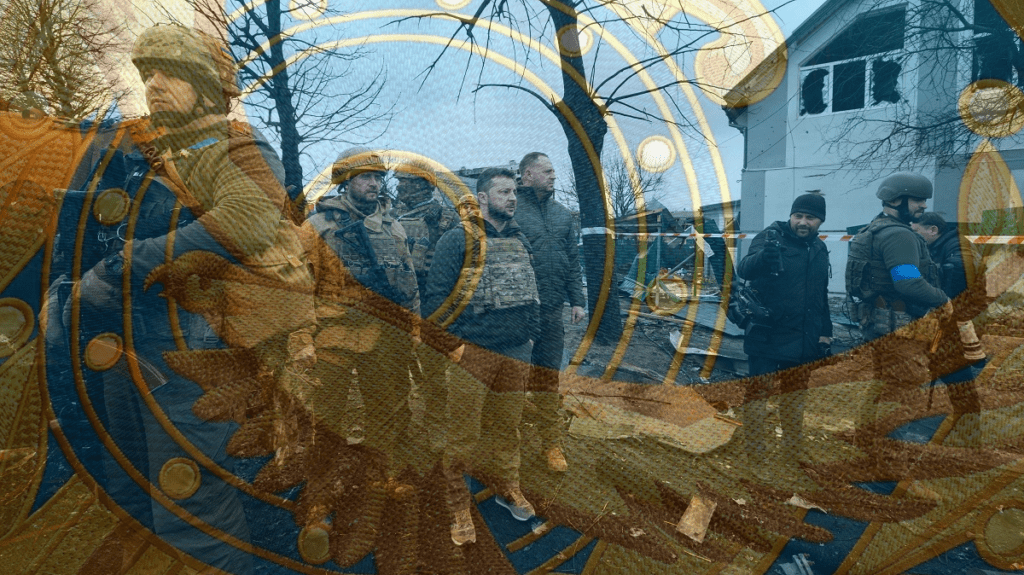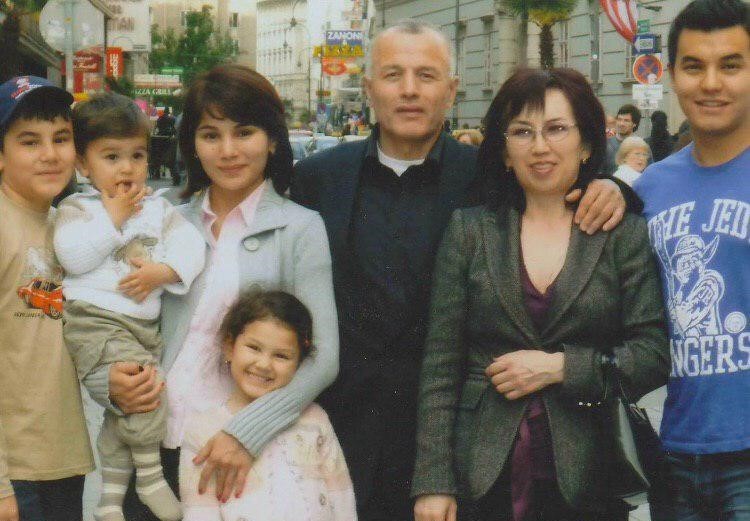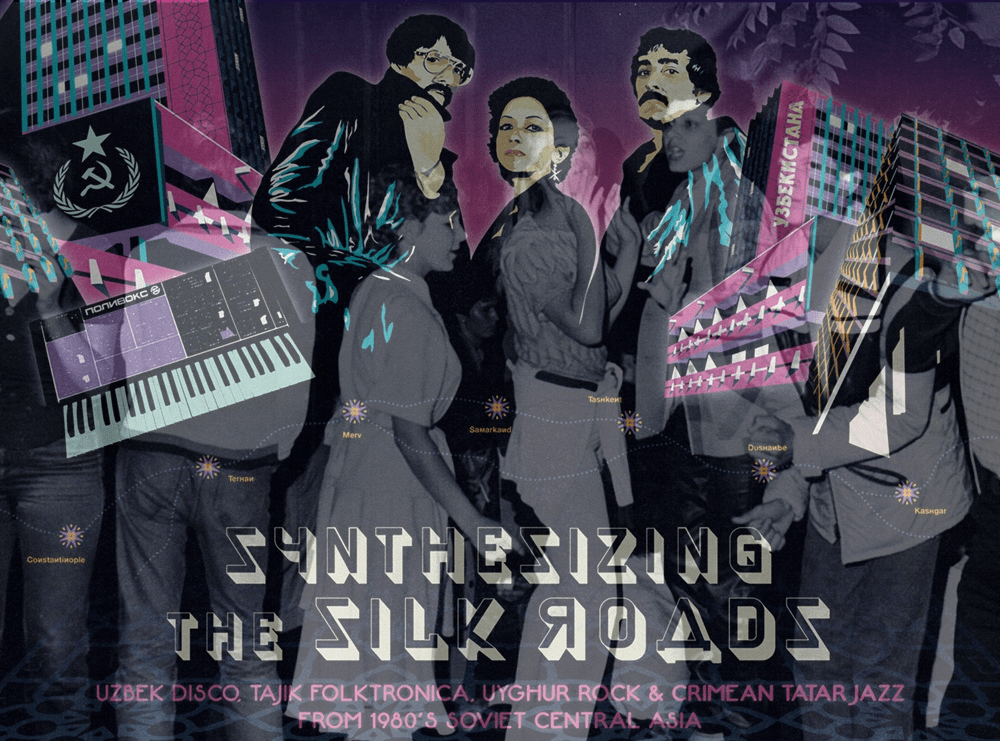On December 22nd, the President of the Kyrgyz Republic, Sadyr Japarov, signed a bill modifying the national flag, following its final approval by lawmakers two days prior. The legislators had noted that the depiction of yellow rays on a red field in the old flag resembled a sunflower. They proposed amendments to “straighten” the sunrays to create an image more closely resembling the sun.
Several rallies protesting the change have been held since the proposal in October.
Also on December 22nd, Human Rights Watch (HRW) urged the Kyrgyz authorities to drop all charges against activist Aftandil Jorobekov, and to release him after he was arrested for openly protesting changes to Kyrgyzstan’s national flag and charged with calls for mass disorder and civil disobedience. In a statement, HRW said that the charges brought against Jorobekov “violate his freedom of expression and right to peaceful assembly.”
“Jorobekov should not be facing criminal prosecution for opposing a government initiative or calling for peaceful protests, which are protected forms of expression,” HRW’s Central Asia researcher, Syinat Sultanalieva, said. “The Kyrgyz authorities should drop the charges and release Jorobekov immediately.”
The 39-year-old activist was detained on December 7th, a day after he voiced his disapproval of the bill and announced his plan to hold a peaceful protest in Bishkek’s Gorky Park on December 9th.
“Criticizing the government and calling for peaceful protest is not the equivalent of stoking mass unrest, and it is certainly not criminal,” Sultanalieva said. “The Kyrgyz authorities should drop this absurd case against Jorobekov, and uphold his right to free speech and peaceful assembly.”
Meanwhile, many politicians, activists, and public figures in Kyrgyzstan continue to question the idea to change the national flag. Prominent Kyrgyz athlete and two-time world wrestling champion Jolaman Sharshenbekov wrote on Twitter on December 21st that he will continue raising the country’s old national flag at international tournaments and competitions.
The head of the country’s State Committee of National Security, Kamchybek Tashiev, immediately commented on Sharshenbekov’s post, threatening unspecified repercussions for athletes who “even try” to raise anything other than the amended national flag at sports events. “The law is adopted, and we, the citizens, must obey,” Tashiev wrote.









